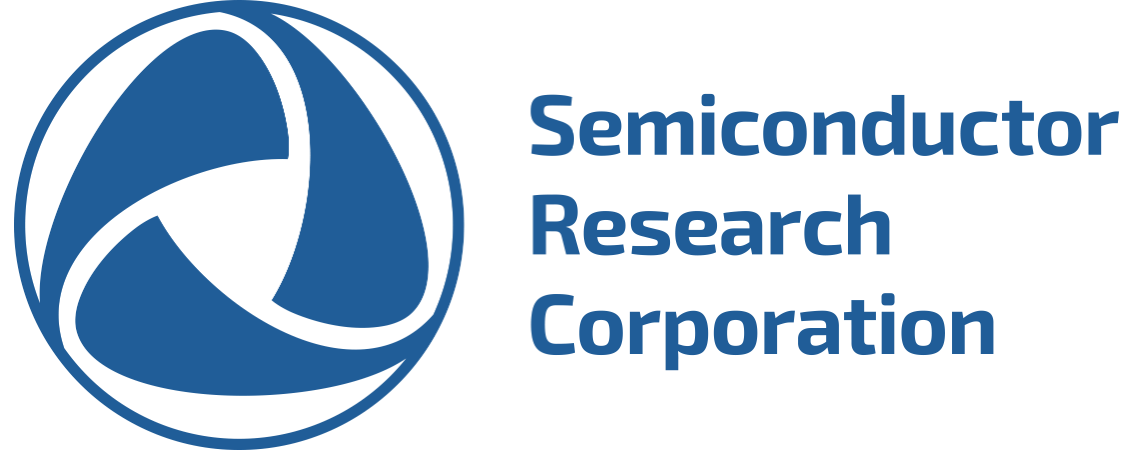Overview

Spin-based memory and computation has the potential to overcome the power, performance and architectural constraints of conventional CMOS-based devices. Spin-based logic devices based on the hybridization of magnetic materials and semiconductors can fundamentally outperform their charge-based counterparts because of their unique scalability and compatibility with well-developed spin transfer torque (STT) memory technology. Ground-breaking experimental and theoretical investigations performed in the past decade have cleared the pathway to realizing spin-based computation. These include successful demonstrations of perpendicular STT devices, spin injection and detection into semiconductors, switching ferromagnets using pure spin currents, voltage-controlled switching of magnetic tunnel junctions (MTJs), spin Hall torque devices, and novel spin logic architectures. Despite these successes, several barriers remain to realizing a practical spin-based memory and logic technology.
Research Focus
The Center for Spintronic Materials, Interfaces and Novel Architectures (CSPIN) seeks to overcome these barriers by assembling experts in magnetic materials, spin transport, novel spin-transport materials, spintronic devices, circuits and novel architectures. CSPIN addresses the challenges with the following five research Themes:
Theme 1: Perpendicular Magnetic Materials will develop new materials for perpendicular MTJs and giant magnetoresistance (GMR) technology that will push the state of the art in magnetic materials synthesis to obtain low damping, high spin polarization and high anisotropy and address the need for extremely small junction dimensions (< 10 nm).
Theme 2: Spin Channels Materials will investigate novel materials for spin channels with a focus on emerging two-dimensional material systems, including graphene, singlelayer MoS2 and topological insulators.
Theme 3: Spintronic Interface Engineering will address the critical problem of interface engineering between magnetic materials and spin channels and the need for new designs of tunnel barriers.
Theme 4: Spintronic Devices and Interconnects will focus on the design, fabrication and modeling of spin-based logic and memory devices and novel magneto-optical transducers for spin information transfer.
Theme 5: Spintronic Circuits and Architectures will address the design of spin-based circuits and architectures for low-power and high-performance spin-based computation.
C-SPIN Metrics
-
Since Inception
6 Projects25 Universities277 Research Scholars45 Faculty Researchers44 Liaisons1,924 Research Data37 Patents Granted


